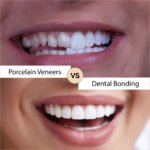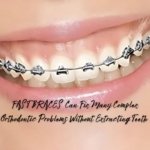
July 16, 2024
When a dental emergency happens, knowing where to go for help is important. Many dental offices offer emergency dentist services, even outside of regular business hours. It’s a good idea to have your dentist’s emergency contact information handy. If you don’t have a regular dentist, a quick online search for emergency dental care in your area can help you find a provider who can see you immediately. For after-hours emergencies, many regions have 24-hour dental emergencies clinics that can provide immediate care. Hospitals and urgent care centers are also viable options, especially if you’re dealing with severe pain, swelling, or an injury that involves more than just your teeth, such as a broken jaw. While hospital emergency rooms may not have a dentist on staff, they can provide initial treatment and pain relief, and refer you to a dental professional for follow-up care.
While it’s not always possible to prevent dental emergencies, there are things you can do to reduce your risk. Good oral hygiene is important, so make sure to brush and floss regularly and visit your dentist for routine check-ups. Wearing a mouthguard during sports and other physical activities can protect your teeth from injury, and avoiding hard foods that can crack or chip your teeth is always a good idea. Dental emergencies can be scary and painful, but knowing when and where to get emergency dental treatment can help you manage the situation effectively.


Stop Waiting for Pain: Why Prevention Beats Costly Dental Treatments

Pulpotomy vs. Pulpectomy: What’s the Difference



| M | T | W | T | F | S | S |
|---|---|---|---|---|---|---|
| 1 | 2 | 3 | 4 | |||
| 5 | 6 | 7 | 8 | 9 | 10 | 11 |
| 12 | 13 | 14 | 15 | 16 | 17 | 18 |
| 19 | 20 | 21 | 22 | 23 | 24 | 25 |
| 26 | 27 | 28 | 29 | 30 | 31 | |
